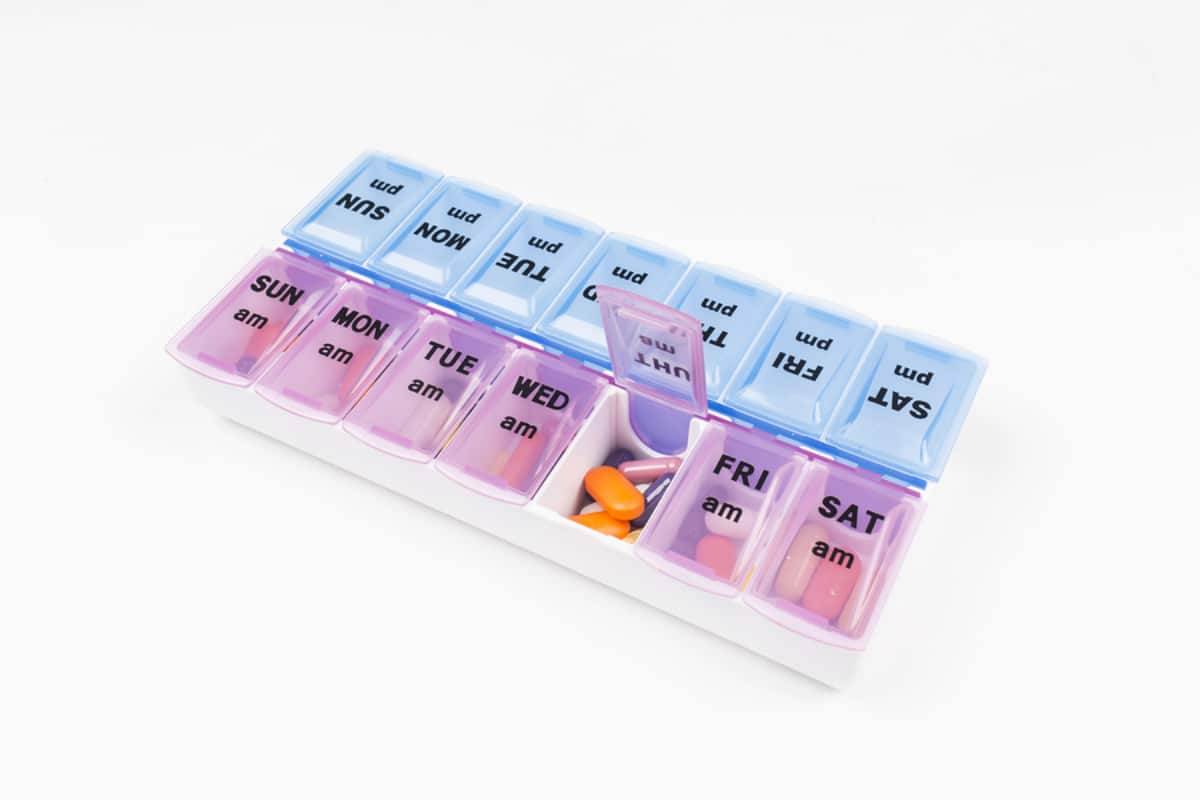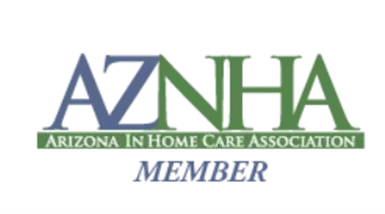Doctors and pharmacists acknowledge a danger they have termed “polypharmacy,” or “polypharm,” for short.
It means what it sounds like: using more than one pharmacy. Getting medications for serious medical conditions from multiple drug stores can be dangerous. One pharmacist will not know what the other pharmacist is prescribing. This can result in overdoses and taking medications together that need to be kept separate. Polypharm also refers to taking more medications than needed and taking over-the-counter medications without discussing them with a doctor.
Over-medication can result in “prescribing cascades.” These cascades occur when two or more drugs cause an adverse reaction in a patient. Instead of identifying the drug interaction, a doctor diagnoses a new disorder and another drug to go along with it.
Past the age of 65, fifty-seven percent of women and forty-four percent of men take more than four medications a week. Some of these medications are prescription and some are not. It is not a parent’s fault if he has to take several prescription medications. The national guideline for treating diabetes is six different prescriptions.
Under no circumstances should an adult child ask a parent to quit taking one or more medications. Instead, these discussions should take place with a doctor.

How to prevent polypharmacy in your parents
There are screening tools, such as Assess Review Minimize Optimize Reassess, available to doctors to assess overmedication and polypharm. If you suspect your parent is a victim of overmedication or polypharm, you can and should ask for one of these assessments.
Keep tabs on what medications are prescribed by a parent’s primary care doctor and which are prescribed by one or more specialists. Help your parent compile a complete list of all medications. Make copies of this list and share them with all doctors that your parent is seeing. Also, share the list with your parent’s pharmacist.
Keep tabs on what over-the-counter (OTC) medications your mother or father is taking.
This might include a pain reliever, a medication to treat diarrhea, a stool softener, OTC allergy meds, etc. These OTC meds are frequently recommended by doctors, so they do not necessarily pose a risk. Add the list of OTC meds that your parent is taking to the list of prescribed meds. Your home care aide can help you keep tabs on what’s in your parent’s medicine cabinet and what OTC meds are frequently taken.
If your parent uses a smartphone or tablet on a daily basis, it will be easy to set up reminders about when to take certain medications. It’s also helpful to link the taking of medications with other daily habits. For example, taking the day’s first diabetes medication could be paired with brushing teeth. Another medication could be paired with eating lunch. Professional home care can really help with organizing meds so as not to duplicate or miss doses.
And, of course, try to get all of mom or dad’s prescriptions at the same pharmacy. A good pharmacist will track and identify duplicate meds and drugs that can interfere with each other’s efficacy.
In conclusion, polypharm is a growing problem in an aging population. But you can take steps to protect your parent from it. Keep the lines of communication open between you, your parents, your home care aides, and your parent’s doctors.
If you or an aging loved-one are considering hiring Homecare in Apache Junction, AZ, or anywhere in the East Valley, please contact the caring staff at Legacy Home Care.
Call (480) 777-0070
Sources
Legacy Home Care has been serving the valley since 2007. We are family owned and operated with over 75 caregivers. We offer a customized care plan that includes services such as: Hourly Senior Home Care, 24-Hour Home Care, Dementia Care, Personal Care and Companion Care. Also ask us about our Veterans' Home Care program.
- How to Cope with a Family Member Living with Dementia? - April 8, 2025
- Health Dangers of Stress for Seniors - March 20, 2025
- Why Companion Care Is Great For Seniors Living At Home - March 7, 2025



